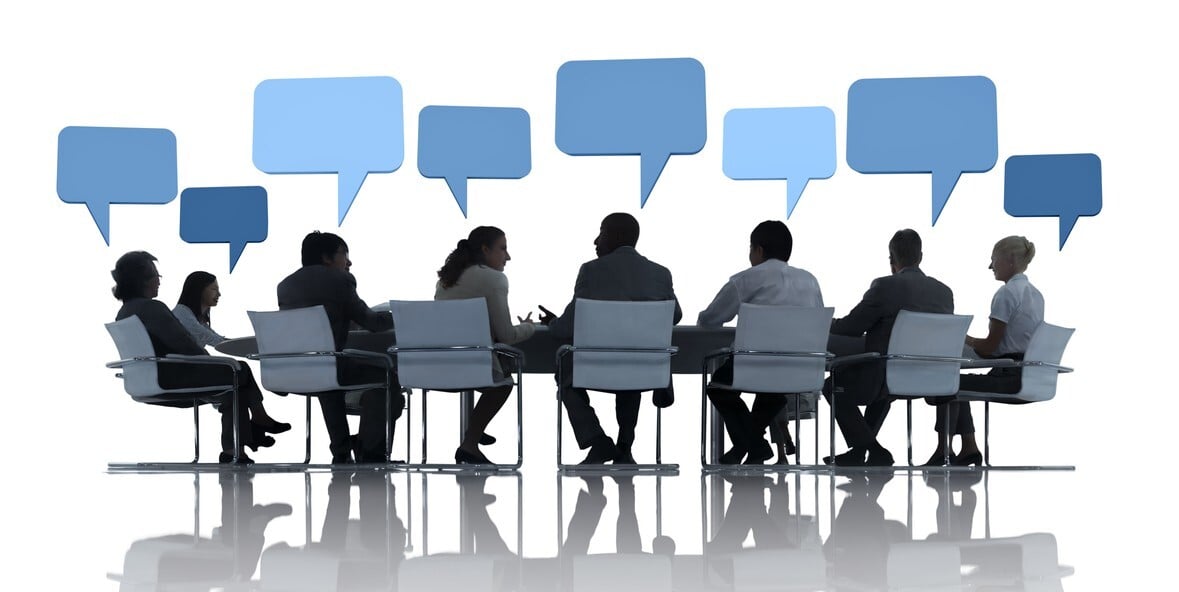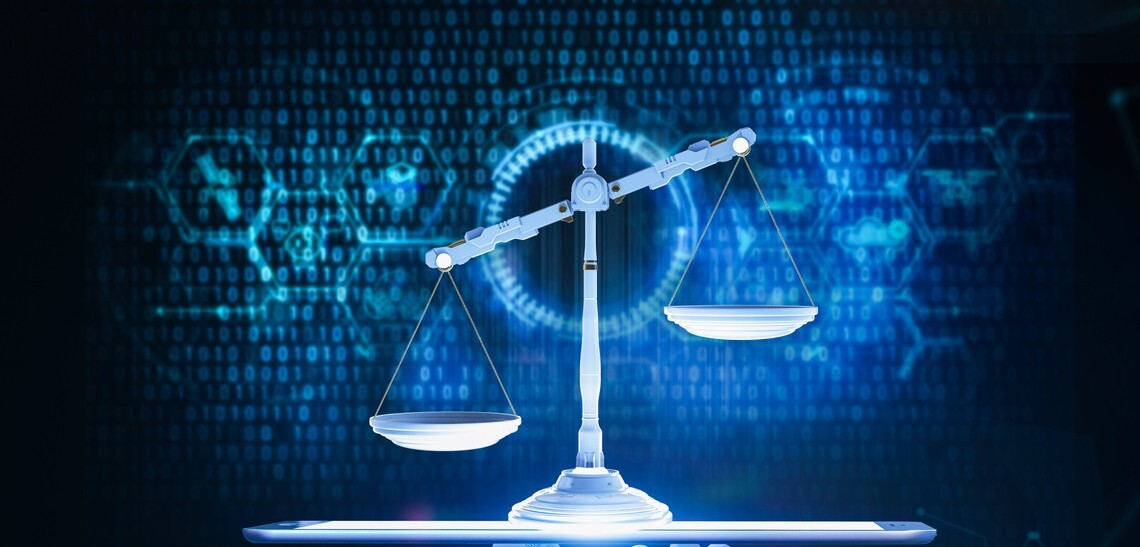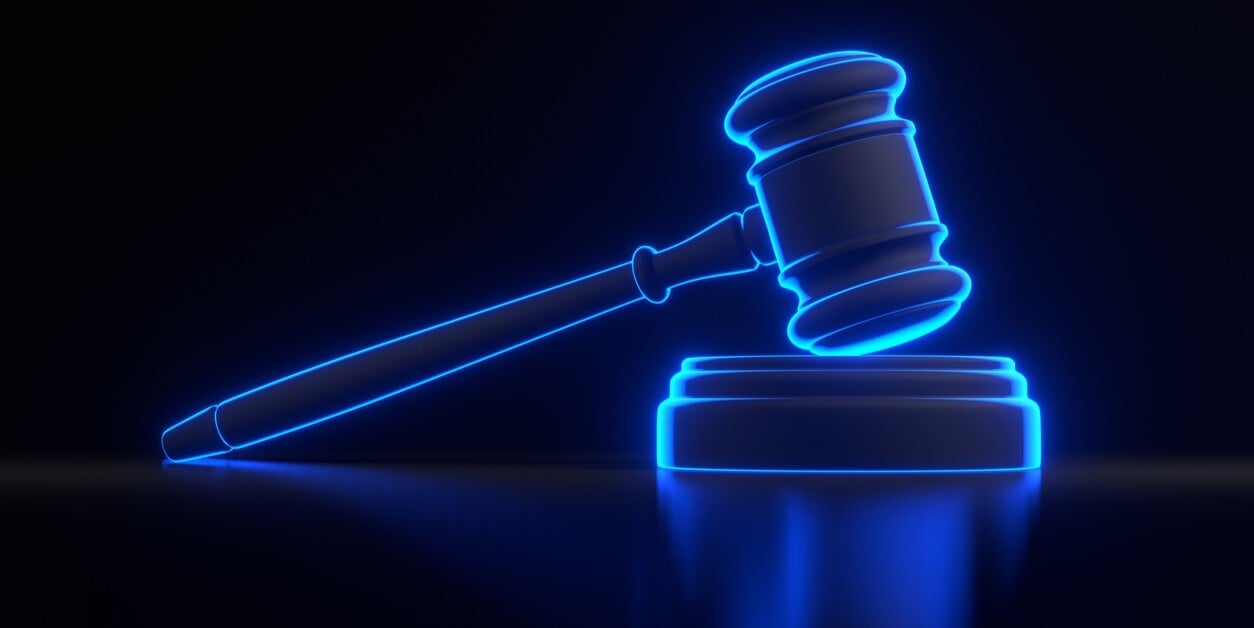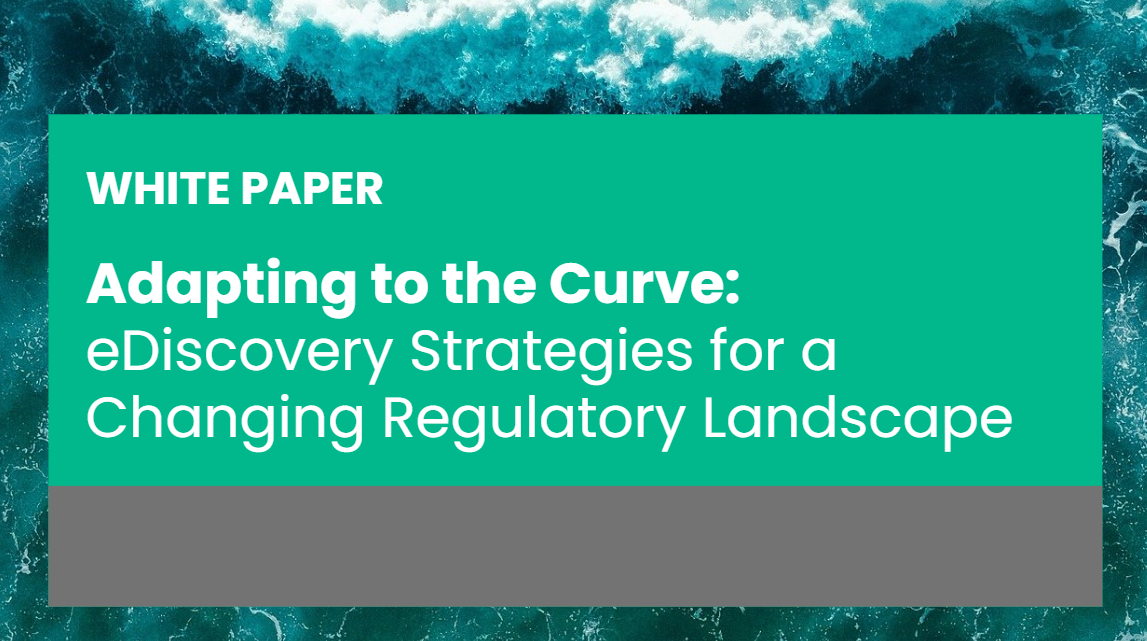It’s a familiar scene: the eDiscovery lead launches into a deep dive on deduplication metrics for an upcoming trial, while your eyes scan the room for a quiet escape. Or flip it – you’re trying to outline a tight trial timeline and get no reaction from your eDiscovery vendor – because the dataset is three terabytes, and no one's talked budget yet.
Rethinking eDiscovery Collaboration: Talk Outcomes, Not Acronyms
Oct 8, 2025 9:16:07 AM / by Ray Biederman
Paralegals Working with eDiscovery: Talk the Talk, Walk the Walk
Oct 1, 2025 10:07:35 AM / by Sarah Barth
Let’s get one thing straight: paralegals are the glue that holds litigation together. As a paralegal, you know you are typically the first to know when discovery deadlines are looming and the last to leave when a production goes out the door. So let’s talk about eDiscovery in a way that gives you the confidence to own your role in it.
eDiscovery 101: From Legal Hold to Production (Without Losing Your Mind)
Sep 23, 2025 9:44:17 AM / by Ray Biederman
In Part 1 of this series, we laid the groundwork for why eDiscovery matters. Now it’s time to get practical. Because once you’ve preserved the data, the real adventure begins.
eDiscovery 101: So, You’ve Got Data in Your Lawsuit
Sep 9, 2025 10:00:00 AM / by Ray Biederman
If you work in litigation and haven’t dealt with eDiscovery yet, you either bill in a parallel universe or you’ve been very, very lucky. However, as digital data continues to multiply, even the smallest matters now involve some form of electronically stored information (ESI).
We recently partnered with EDRM for a webinar titled “How to Talk to Your Litigators About eDiscovery”, where I co-presented with Francesca Morency, a litigator and Partner at Orrick, Herrington & Sutcliffe. We dug into what litigators really care about when eDiscovery comes up - and how Litigation Support and eDiscovery professionals can meet those needs without diving so deep into technical details that litigators tune out.
If you've worked in eDiscovery for any length of time, you know the story: overcomplicated platforms, bloated pricing models, and clunky user experiences. Before founding QuikData, I spent years watching legal professionals wrestle with tools that were supposed to help them, but honestly, I saw a lot of legal teams struggling with technology that was only holding them back.
Compliance, Control, and the Chaos in Between: eDiscovery Strategies for 2025
Aug 14, 2025 9:00:00 AM / by Austin J. Hagen
In my role at Proteus, I have the privilege of working directly with legal teams navigating the eDiscovery phase of the litigation process – a process that is also navigating increasingly complex regulatory environments. Each year brings new technologies, fresh compliance pressures, and shifting expectations from regulators and opposing counsel alike.
How Tech-Literate Paralegals Can Save Case Budgets
Jul 29, 2025 10:13:39 AM / by Sarah Barth
Litigators know eDiscovery can be one of the most unpredictable line items in a case budget. One unexpected dataset, increased custodian counts, complex forensic collections, or intractable opposing counsel, and the numbers start to climb – fast.
After 26 years in eDiscovery, I’ve come to appreciate the evolving complexity and nuance of our work. From paper productions to chat data, the tools and platforms we rely on have transformed dramatically. Yet one thing has remained constant: mastery matters.
When I tell people I teach eDiscovery at IUPUI’s School of Informatics, they either nod politely or immediately check their phones. Fair. It’s not exactly cocktail party material. But here's the thing: if you're practicing law in 2025 and not keeping up with how technology is reshaping the courtroom and the discovery process, you’re doing your clients – and yourself – a disservice.









-1.png)
